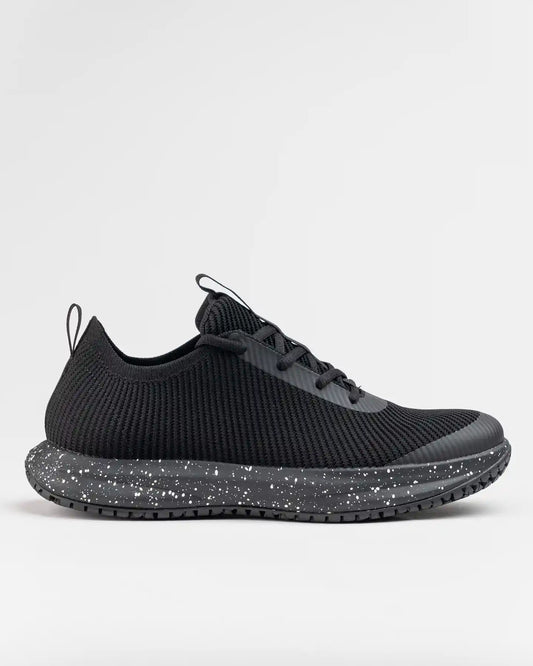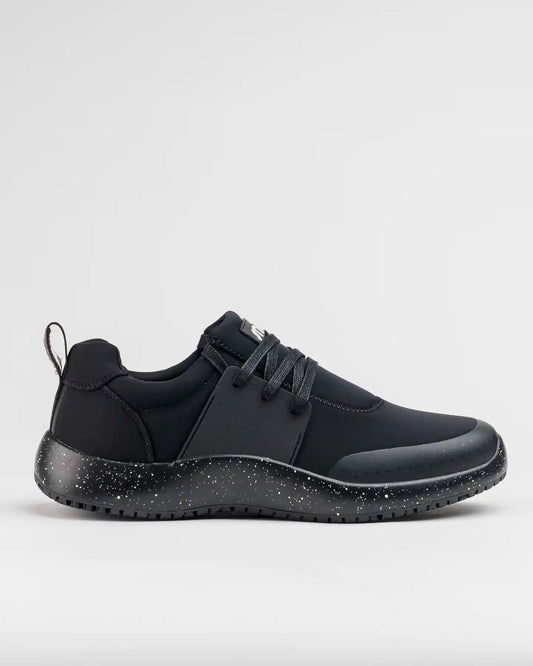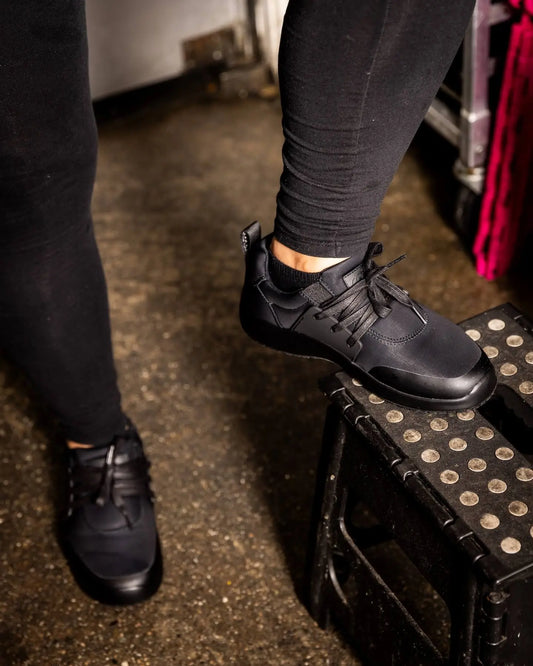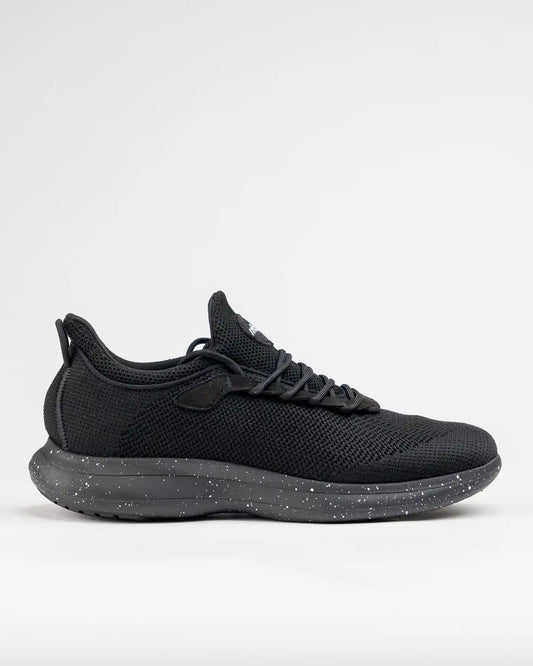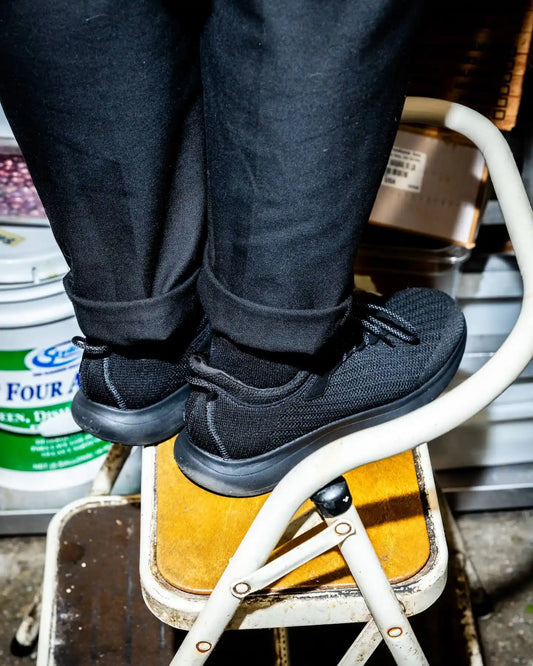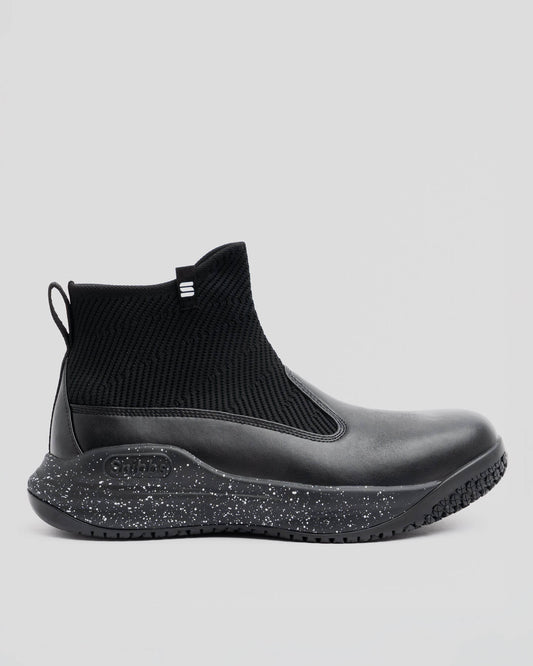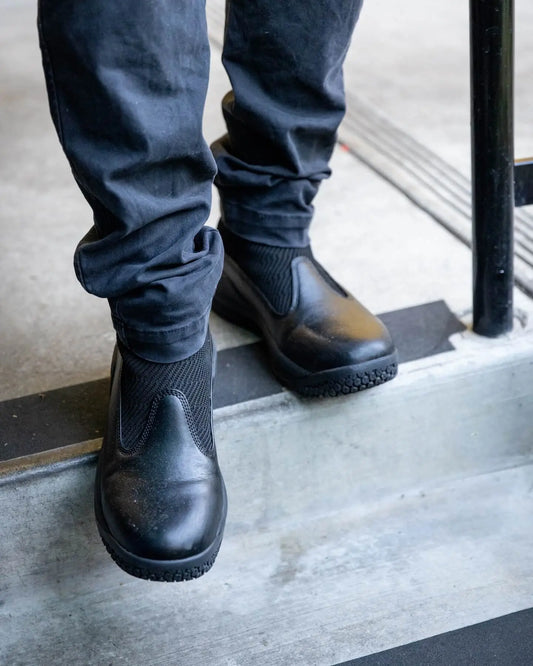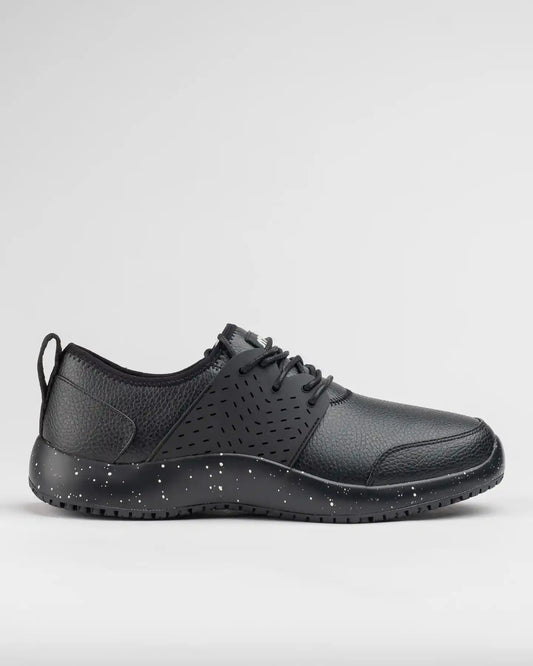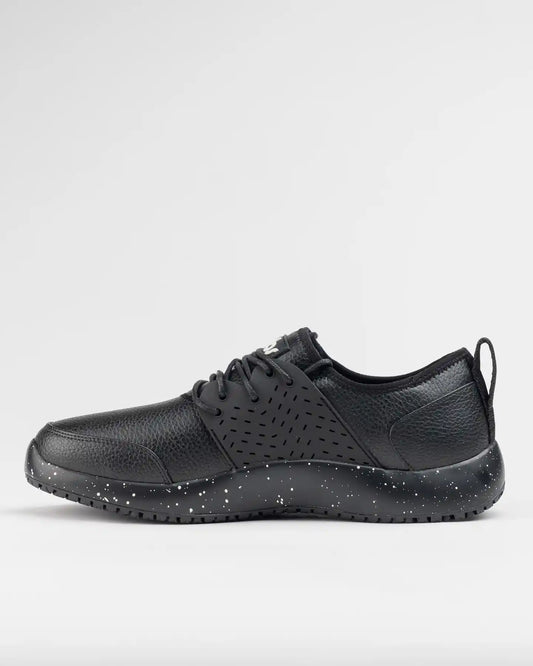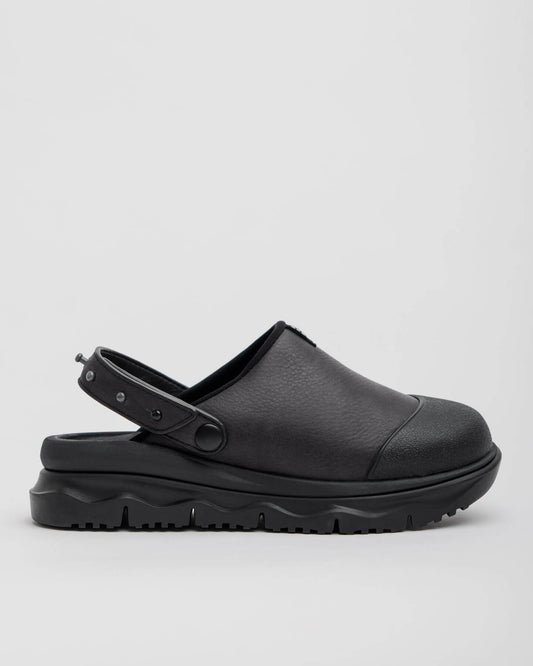Workplace Health and Safety Tips for Nurses
Snibbs Footwear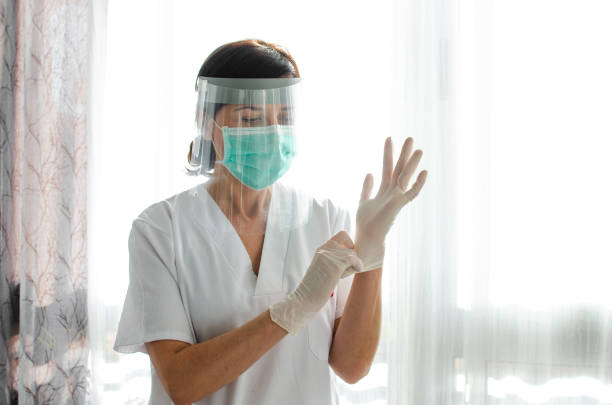
When it comes to the healthcare sector, the need for a healthy work environment takes a whole new meaning. With medical workers exposed to a lot of health and safety hazards, it is imperative to follow healthcare best practices for their own wellbeing. Direct patient care professionals, such as nurses are especially susceptible to on-the-job accidents, illnesses as well as violence. Here are some handy healthcare worker safety tips to ensure that nurses are kept safe and in turn, they can perform their duties efficiently:
- It is imperative to ensure that nurses are equipped with the right protective equipment. This includes the use of masks when dealing with patients with contagious conditions and the use of PPE kits when the situation so demands. In using gloves, it is important to remember that latex allergy is a key health hazard. It is, therefore, advisable to use powder-free latex gloves. However, if you do need to work with powdered gloves, you need to thoroughly wash and dry your hands after removing the gloves. You also need to avoid oil-based lotions as they tend to break the glove barrier.
- With workplace injuries on account of falling down, running into something, and overexertion being extremely common for nurses, the one thing that you need to be mindful about is the choice of footwear. The footwear needs to have any anti-skid outer sole besides having a cushioned insole to protect your feet. A wide toe box is highly recommended so that it can take care of the swelling that results on account of the long hours that nurses tend to spend on their feet.
- Injuries also result on account of heavy lifting. Ensure, therefore, that mechanical aids are provided to nurses. In cases where mechanical aids cannot be used, they have to be trained to use proper lifting techniques to ensure that excess strain isn’t put on their back. Also when turning patients over, due care must be taken to distribute weight between the feet.
- Sharps-related injuries are yet another thing to watch out for. Needles and other sharp objects can expose health workers to blood-borne pathogens. The law mandates that needles with safety caps be used. Needlestick Safety and Prevention act also requires employers to maintain a sharp injury log.
- Proper hand-washing procedures are another aspect to ensure as not only can they protect the healthcare worker since they come in contact with different patients as well as hazardous substances, it will also prevent the spread of communicable diseases between patients.
- Last, but definitely not the least, it is advisable to understand the policies for dealing with threats. Whether the threat comes from a patient or a co-worker, nurses need to ensure that they report the same with proper documentation. Nurses working in remote locations are also susceptible to assault and violence. While hospitals need to install security systems to control access, nurses also need to be diligent. Having security personnel or co-worker as an escort when working in unsafe conditions is recommended.
